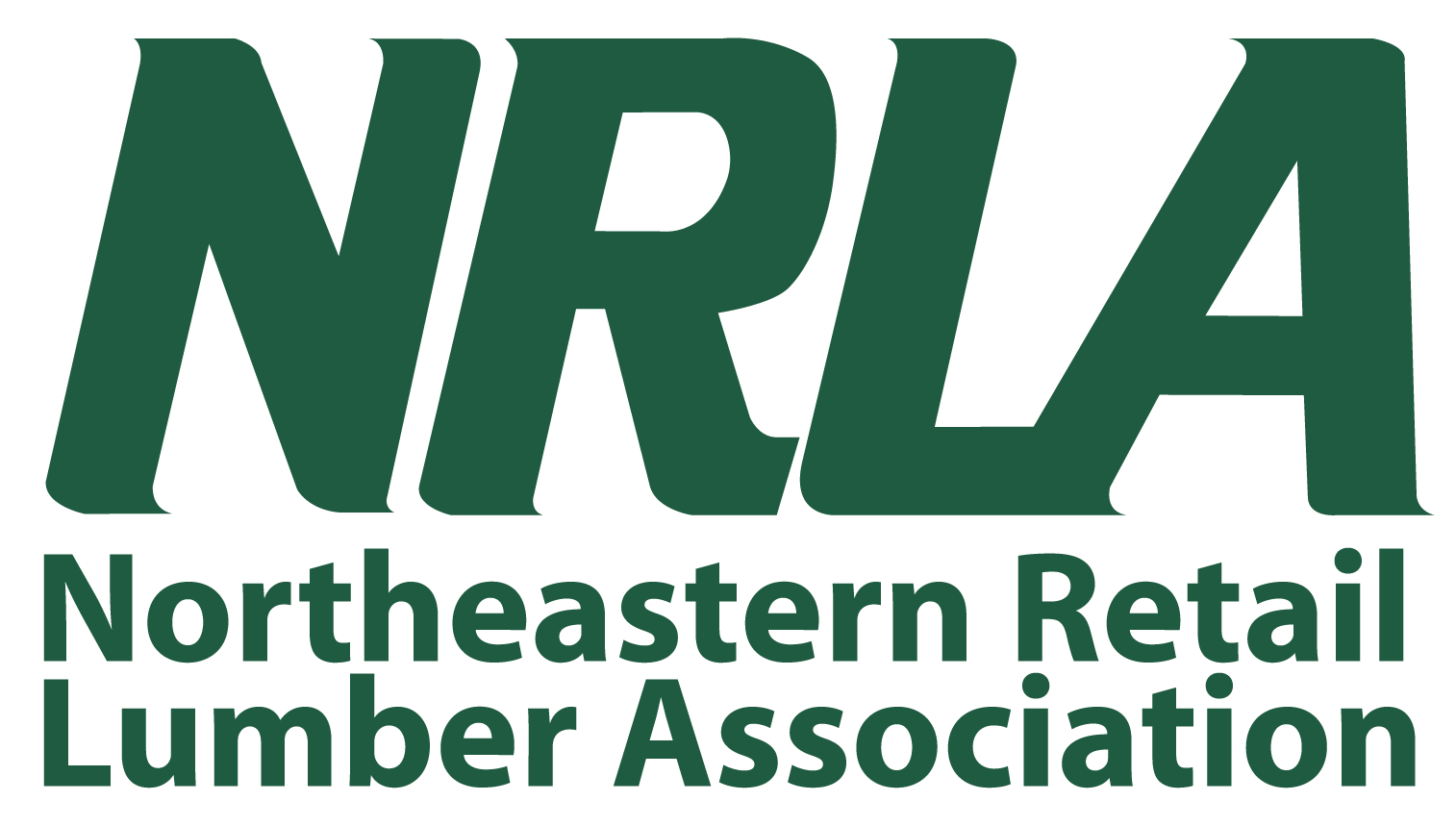Trust as an aspect of content marketing is a huge topic to tackle. It can encompass the basics of human trust, trust in business and trust in marketing. Each of these is hefty on its own, let alone combined as a single blog post. But there are some basics at work in all these segments of trust and you can use them to help ensure your content marketing builds trust and doesn’t crash your audience’s confidence and credibility in your company.
Any online search of “trust” will bring up myriad ways to get it, keep it and damage it, including the three, four, six or seven elements of it. The number doesn’t count as much as what’s at the core of how your customers and prospects evaluate your trustworthiness. As humans doing human behavior, they assess your competency or capability, your reliability (or your products’ reliability), your integrity, your empathy or compassion and your honesty or transparency.
So, let’s go with those five elements to demonstrate how you can build trust using content marketing.
1. Competency or Capability
When you use content marketing to your advantage, one of your goals may be to demonstrate that you know what you’re doing. It might seem reductive, but to trust you, your customers must believe that you can make or distribute a worthy product or service. They must believe that your company knows what it’s doing and does it well.
One way to establish a credible flow of communication and authority in your industry is to become a subject matter expert and a thought leader in your industry. Use your content marketing to demonstrate your competency.
If the information you publish in blogs, white papers, case studies, eBooks, podcasts and on social is reliable, consistent, and compelling to your audience, you’ll benefit from engagement. In today’s social media-dependent marketplace, this type of connectivity helps to establish a high level of trust in your organization.
Focus on delivering hyper-relevant content in your specific specialty so your customer base looks to you as an authority. Eventually, you want other businesses in your industry to consider you a thought leader as well, which can generate cross posting across industry experts and boost the visibility of your business. This powerful combination enhances your credibility and increases your audience’s trust in your brand.
And prioritize consistent content delivery. When it comes to building your business’s reputation as a thought leader in your community, focus on delivering compelling, useful information on a regular basis. Not only does this prevent your website and blog from appearing outdated and stale, but it also lets your customer base know you are on top of the latest industry innovations and techniques that present your business as the solution they need, or the expert who can guide them.
How do you become a thought leader in the building products industry?
2. Reliability
To nurture a dependable connection with your audience, you’ll want to infuse your content with a consistent voice and tone. Your customers and prospects want to know that you won’t waver from who you say you are and what you’ll do. Make sure your content writers have reliable guidelines to present information in line with your brand and reflective of your corporate persona. Have a process in place to ensure consistency across all your messaging, including customer service.
3. Integrity
In her interviews and written work, Melanie Deziel, author of “Prove it, Exactly How Modern Marketers Earn Trust” always reiterates that companies and marketers have to use the triad of corroboration, demonstration and education to create proof and show veracity.
“Corroborate, demonstrate, and then educate. I think that’s a really forgotten one. A lot of times, our audience can’t believe our claims because they don’t understand them. We spend so much time in our area that we understand the jargon, the acronyms, and why these things are important. Especially if your buyer is not your end user, then there’s almost certainly an education gap that you need to fill to help them understand those claims and make the most informed decision,” Deziel said in a recent MarketingProfs podcast. “Corroborate with other people’s opinions, demonstrate by showing the truth behind your claims, and then educate to make sure that they understand what they need to trust you.”
Many younger customers are interested in information (education) about products and services and aren’t here for the promotional speak that so many ads and messages convey. Come to think of it, the older customers aren’t here for that, either.
Joel Malkoff, in his MarketingProfs post on the benefits of truth-based marketing, wrote that
marketing integrity increases profitability, saying he was impressed by a specialty magazine that practiced ethical advertising and reviewed the magazine’s advertising values, including:
- Promotional materials never presented as content—no advertorials
- No false or inflated claims
- No nebulous testimonials
- No negative references to competition
- Verification of the advertiser’s reputation and financial stability
“Ruthlessly check the accuracy of your product claims and aggressively pursue trust-based marketing. Your customers will appreciate learning the truth about what you are selling without resorting to exaggerations or disparaging your competitors,” Malkoff wrote.
Even the toughest sales hardliners in your company or business are probably going to be fine with not everything in your content marketing being an ad. Yes, your content marketing is your owned media, but like any good owner—it pays to be careful with that possession.
4. Empathy or compassion
When you create empathy between your employees and your customers, you establish the foundation for trust. Your customers are human beings looking for a solution to a problem, and as such, they are seeking a connection with someone they can relate to on the other side of the transaction. Your customers and prospects what to know that you see them and understand them. The content you put online needs to demonstrate that you are interested in doing business with people, not bottom lines. For more on empathic marketing, consider HubSpot’s guidance or insights from the Content Marketing Institute and the SEO experts at Moz.
Also, tap into your employees as solution-providers and brand ambassadors. When your customers bond with your employees via social media posts and other communication methods, it establishes a relationship with your brand that transcends the cold disconnect that often pervades today’s automated business transactions.
5. Honesty or Transparency
We’ve all heard the phrase about doing business with people you know, like, and trust. Forbes takes that further as an example in B2B marketing.
“Say your B2B marketing company hides analytics from clients, creating a black box. This would make it extremely difficult for B2B customers to calculate their ROI among other measures of success for their campaigns,” according to Forbes. “Providing precise analytics to customers will help build trust and offer them an easy way of calculating the value of working with your business. Transparency highlights the great work you do while providing credibility for your practice.”
When content is honest and transparent it sparks deep reflection and conversation. In industry terms, authenticity is the key to customer engagement, according to Search Engine Journal.
The hard pill to swallow on this element of trust building in content marketing is that knowledgeable and credible sources have touted the benefits of honesty and transparency in content marketing—and marketing overall—for years, but it remains an issue to address.
Consider how you can use your content marketing efforts to be an example of how these trust elements are used and reap the rewards of greater credibility, customer engagement and loyalty.
For more, see this advice from Forbes on how to use content marketing to build trust. Consider Brian Clark and his Copyblogger content for a fun and different take on trust and content marketing.
About the Author
Elton Mayfield is the co-founder of ER Marketing, a B2B marketing agency with a special love for the building industry—quite possibly, because they’ve been building clients themselves. For more than 18 years, ER Marketing has been dedicated to improving the marketing channel for all things building.
ER Marketing knows how to build trust with content marketing. Contact us today to start a conversation: https://ermarketing.net.
Want to see more articles like this? Subscribe to receive the digital LC: https://mailchi.mp/nrla.org/digital-lc-subscription







